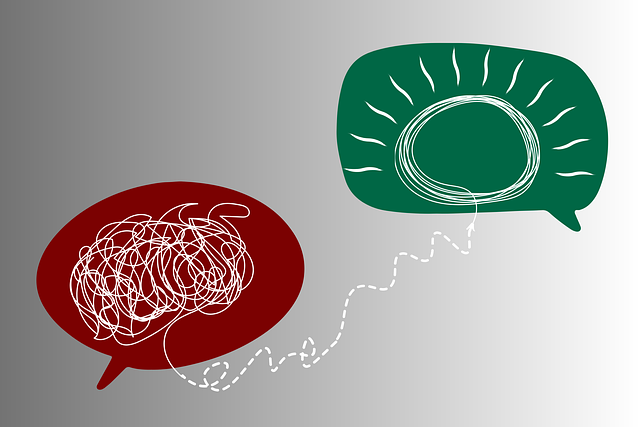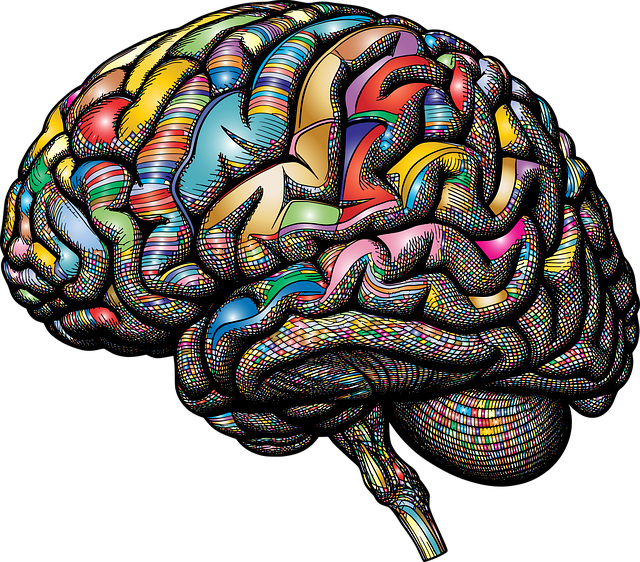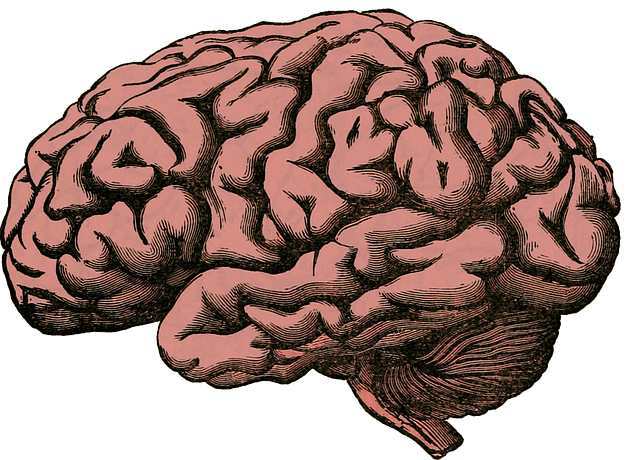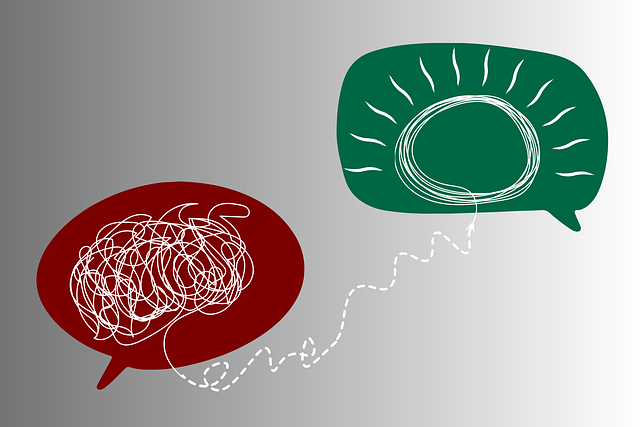Denver Gender Identity Therapy offers personalized, evidence-based coping skill development for managing emotional challenges and life transitions. Their tailored approach integrates mindfulness, stress reduction, cognitive reframing, and mood management techniques to build resilience and promote emotional healing. By assessing cultural backgrounds and personal beliefs, they foster sustainable emotional regulation skills that empower individuals to overcome life's challenges with grace. Integrating crisis intervention guidance and cultural sensitivity ensures inclusive, effective care for enhanced well-being.
In the context of Denver Gender Identity Therapy, coping skills development is a cornerstone of holistic well-being. This article explores the profound impact of cultivating robust coping mechanisms, delving into understanding their significance and offering practical strategies for building resilience. We’ll discuss a personalized approach to identifying individual needs, highlighting effective techniques for daily implementation. Furthermore, we’ll emphasize the critical roles of support systems and professional guidance in enhancing coping skills within the unique landscape of gender identity therapy in Denver.
- Understanding Coping Skills and Their Significance in Denver Gender Identity Therapy
- Identifying Individual Needs: A Personalized Approach to Coping Skills Development
- Practical Strategies for Building Resilience in Daily Life
- Integrating Support Systems and Professional Guidance for Effective Coping Skills Enhancement
Understanding Coping Skills and Their Significance in Denver Gender Identity Therapy

In Denver Gender Identity Therapy, coping skills are essential tools for individuals navigating complex emotional landscapes and life transitions. These skills empower clients to manage stress, anxiety, and potential crises effectively. By learning healthy coping strategies, individuals in therapy can transform their responses to challenging situations, fostering resilience and emotional healing processes. The significance of this approach lies in its ability to provide practical solutions for crisis intervention guidance, especially during moments of heightened distress or identity formation.
Understanding that every individual’s journey is unique, Denver Gender Identity Therapy tailors coping skill development to support personal growth. This involves teaching techniques such as mindfulness, stress-reduction practices, and cognitive reframing, which help clients gain control over their emotional reactions. As a result, individuals build confidence in their ability to navigate life’s twists and turns, boosting their overall well-being.
Identifying Individual Needs: A Personalized Approach to Coping Skills Development

Every individual’s journey toward effective coping skills is unique, reflecting their personal history, experiences, and identity. At Denver Gender Identity Therapy, we understand that a one-size-fits-all approach rarely succeeds in addressing complex emotional needs. That’s why our therapists tailor coping skill development to each client, recognizing the importance of understanding individual preferences and challenges.
By assessing cultural backgrounds, personal beliefs, and specific triggers, we enable clients to cultivate strategies aligned with their authentic selves. This personalized approach combines evidence-based techniques with empathy building strategies, fostering emotional regulation skills that are both sustainable and meaningful. We believe in empowering individuals to navigate life’s hurdles with resilience and grace, reflecting the compassion and cultural competency training embedded in our practice.
Practical Strategies for Building Resilience in Daily Life

Building resilience is a vital part of coping skills development, enabling individuals to navigate life’s challenges with greater ease. At Denver Gender Identity Therapy, we emphasize practical strategies for enhancing resilience in everyday life. One such strategy is adopting mind over matter principles—by reframing negative thoughts and focusing on positive affirmations, individuals can cultivate a more resilient mindset. This involves recognizing and challenging self-limiting beliefs, replacing them with constructive ones, and practicing gratitude to foster an optimistic outlook.
Additionally, effective mood management techniques play a crucial role in resilience development. Denver Gender Identity Therapy advocates for evidence-based practices such as mindfulness meditation, deep breathing exercises, and cognitive behavioral therapy (CBT). These tools empower individuals to regulate their emotions, reduce stress, and improve overall well-being. By integrating these strategies into daily routines, one can build mental fortitude, ensuring they are better equipped to handle life’s ups and downs, ultimately enhancing their ability to cope and thrive in all aspects of life, including navigating complex social and personal challenges under the guidance of a qualified mental health professional.
Integrating Support Systems and Professional Guidance for Effective Coping Skills Enhancement

Integrating support systems and professional guidance is a powerful strategy for enhancing coping skills development. At Denver Gender Identity Therapy, we recognize that an individual’s ability to cope with life’s challenges is significantly influenced by their social network and access to specialized care. Connecting individuals with supportive peers, family members, or community groups can provide a sense of belonging and understanding, fostering effective coping mechanisms. Additionally, professional guidance from therapists or counselors equipped with crisis intervention skills offers valuable tools for navigating difficult situations. This combination creates a robust support system that empowers individuals to develop resilience and healthy coping strategies.
Cultural sensitivity in mental healthcare practice is another vital aspect. Denver Gender Identity Therapy tailors its approach to address the unique needs of diverse populations, considering the impact of cultural background on coping mechanisms. By incorporating cultural sensitivity, we ensure that our interventions are inclusive and effective, especially in reducing the stigma associated with mental illness. Through these comprehensive support systems and professional guidance, individuals can effectively enhance their coping skills, leading to improved overall well-being.
Denver Gender Identity Therapy emphasizes the power of coping skills development as a transformative tool. By understanding and tailoring these strategies, individuals can navigate life’s challenges with enhanced resilience. The personalized approach, combining practical techniques with professional guidance, ensures that everyone can build a robust support system to cope effectively. This holistic method, specifically designed for Denver Gender Identity Therapy, ultimately fosters personal growth and well-being.













